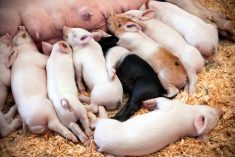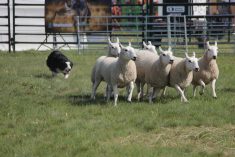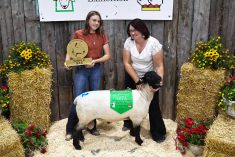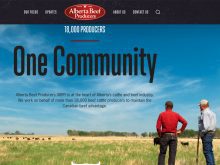South Korean investors want to build a packing plant in North Dakota that would process 500 to 750 head per day and ship most of the beef to Korea.
North Dakota’s Agricultural Products Utilization Commission (APUC), a unit of the state’s economic development department, has committed $150,000 toward a feasibility study of the plant, which would likely be located east of Bismarck.
“It would probably be on the I94 (interstate highway) corridor between Steele and Bismarck,” said APUC executive director John Schneider, who added the location is tentative.
Read Also
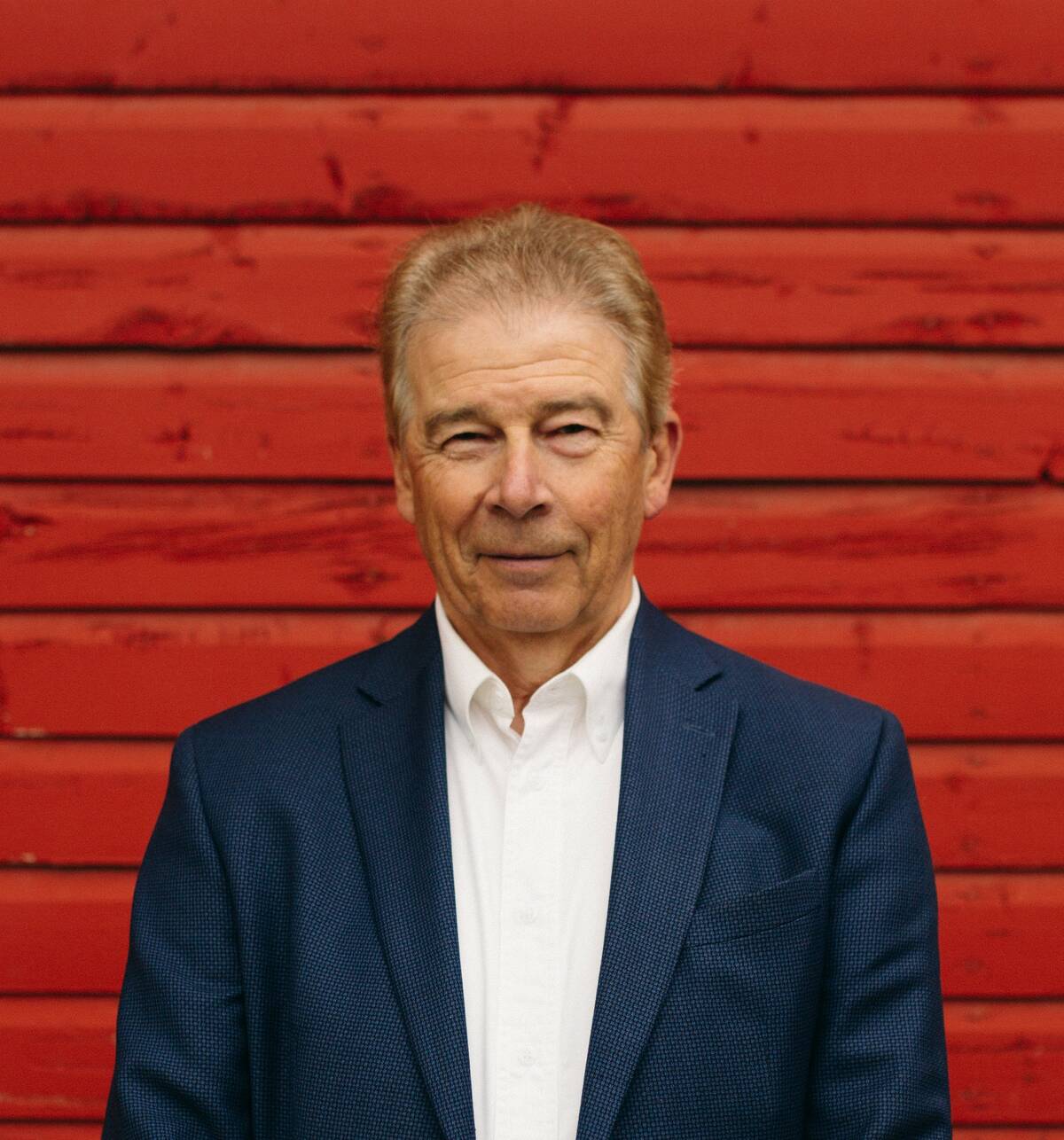
Dennis Laycraft to be inducted into the Canadian Agricultural Hall of Fame
Dennis Laycraft, a champion for the beef industry, will be inducted into the Canadian Agricultural Hall of Fame this fall.
FK Partners, a South Korean investment group, intends to build the plant, which would become the only large-scale beef packer in North Dakota.
“This would really be the only one of its size in North Dakota, if it gets built,” Schneider said.
FK Partners’ solid financing and its established connections in the Korean market convinced APUC to fund the feasibility study, he said.
“They, amazingly, even have markets for the offal … and that’s always a major issue, is disposing of the offal or finding some place that will take it. So it went from a hindrance to a commodity that had some value.”
Hank Imm, a businessperson from Minneapolis, Minnesota, who is co-ordinating the project for FK Partners, was reluctant to discuss details of the packing plant.
“At this point we are not actually investing in the project. We are going through some research and feasibility studies,” he said.
Imm said he didn’t know if there are other plants in United States partially dedicated to serving the Korean market, but pointed out that there are limitations on what can be exported to South Korea.
“Not 100 percent of beef products are allowed to come into Korea,” he said, referring to post-BSE restrictions. “So we have to figure out other ways to market and sell the remainder, which is about half of the beef product.”
Imm said FK Partners chose North Dakota partly because the state doesn’t have a packing plant “of any significant size” and because the investors have heard good things about the northern Plains’ beef.
“We were told the quality is good compared to southern (U.S.) cattle, (but) the study and research will tell us yes or no.”
Imm expects the study to be completed later this year.




